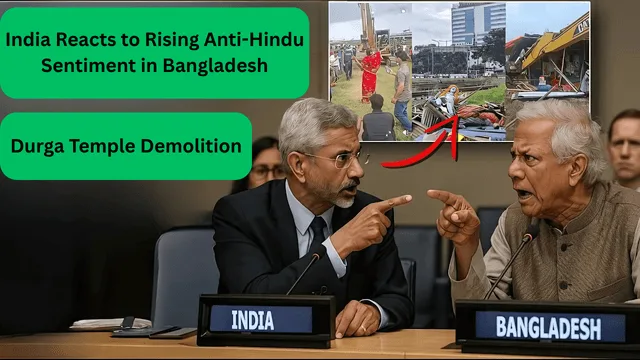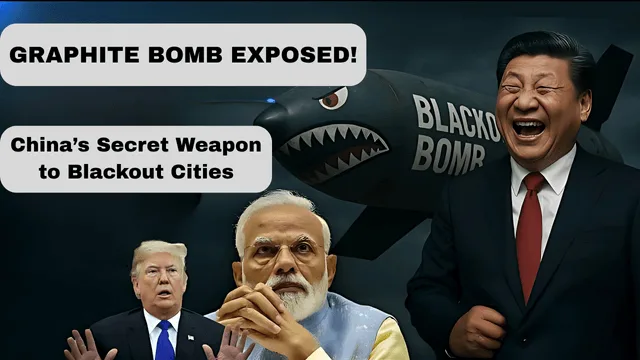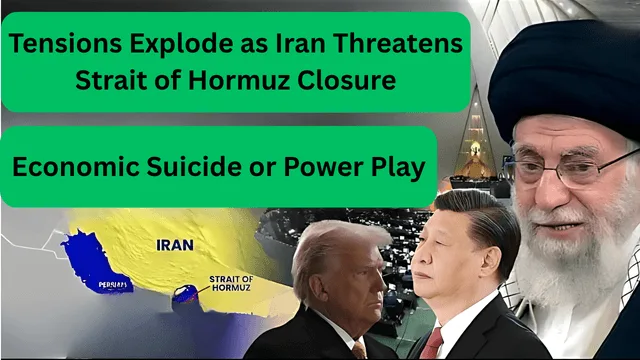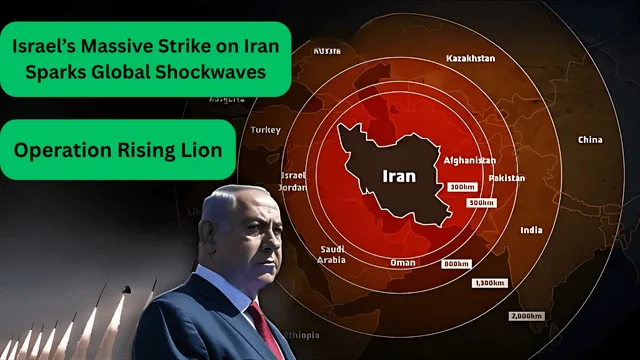India’s Accusation Against Bangladesh
India has recently accused the government of Bangladesh of Durga Temple Demolition in the capital get destroyed. The government had control over letting the destruction happen, implying they could have acted differently. Despite pushback from radical groups, Bangladesh’s leaders decided to tear down the Hindu place of worship. Officially, our Foreign Ministry has filed objections, and I would like to show a video about this issue.
Extremist Pressure and Government Inaction
Extremists had been calling for the destruction of the temple in Khilkat, Dhaka. Rather than protecting the temple, the caretaker government labelled the situation as illegal occupation of the land, which eventually resulted in the destruction of the temple. The incident has resulted in severe damage to the temple prior to the relocation of the temple, depicting the hardships of Hindus in Bangladesh.
Historical and Political Context
This problem has received a lot of attention in the last one and a half years, often mentioned in the Indian media outlets. Most will remember that even earlier, Donald Trump had raised this problem while campaigning, but once he got elected, he simply forgot about it. We have not touched this topic even once since then.
Decline of Hindu Population in Bangladesh
Interestingly, it is to be noted that a report published in December 2024 revealed that the Hindu population of Bangladesh has now declined below 8%. Several such reports in the foreign press affirm this, like that of ABC, an Australian news agency, on “Hindus in Bangladesh Feel Betrayed by Government Actions.” The condition of Hindus has further deteriorated since the tenure of Mohammad Yunus, with more targeted attacks and a clear lack of attention from the government towards the rights of the minorities.
Radical Protests and Government Response
Recently, a small temple of Durga Mata in Dhaka was challenged as radicals started protesting against it, asking the government to demolish it. As the Hindu community in Bangladesh not only dwindles but is also economically repressed through ongoing discrimination, the temple became vulnerable. The government then asserted that some part of the temple was illegally built, and bulldozers were brought in to demolish it quickly, with no time for the idols to be removed. The demonstrators brought in the actions of the Bangladeshi government, pleading for a just and legal method involving hearing their complaints.
Public Outcry and India’s Reaction
The Bangladesh government was subjected to extreme pressure by fundamentalist factions, and its citizens experienced horrific incidents. Protest was raised regarding this issue by most in the capital city, and a reaction followed from the Indian government, pointing out that the caretaker government in Bangladesh was involved. If a real intention had existed to settle this issue, a solution could have been achieved. The demolition of a small temple by the use of heavy machinery indicates the predicament Hinduism is undergoing in Bangladesh.
Political Hypocrisy and Lack of Accountability
It’s sad to see so many people who welcomed Mohammad Yunus with open arms entirely ignore these matters. Some are saying that all of this is being exaggerated, that nothing is going on. But the Indian government has publicly condemned this. Some photos have come out, but can the destruction of this temple in Bangladesh be reversed? Will there be any apologies made? Unfortunately, the responses appear to be negative. The government of Bangladesh today doesn’t seem to be moved by international media attention, the UN, or online activist sentiment.
India’s Diplomatic Response and Strategic Calculations
Trade and Treaty Retaliation
In return, the Indian government has taken a number of steps, including cutting trade benefits earlier granted to Bangladesh. In addition, there are talks of possibly renewing India and Bangladesh’s Ganga River Treaty, particularly given that the current water-sharing agreement is due to be renewed in 2026. The 1996 agreement laid out terms that required both nations to agree to its renewal.
Water Sharing History with Bangladesh
In the past, when Sheikh Hasina held the position of Prime Minister, Bangladesh got half of the river’s water. This fair split benefited Bangladesh, considering India’s bigger population. Sheikh Hasina then wanted to improve relations with India, but things have changed dramatically now. The 2026 wants to work with China and Pakistan, and Pakistan recently held the first summit for this new group.
Emerging China-Pakistan-Bangladesh Axis
Historic Summit and Strategic Realignment
Let’s talk about the strategic effects of the historic summit between China, Pakistan, and Bangladesh in this part. China’s Vice Foreign Minister will be in attendance, alongside the Pakistani envoy stationed in Bangladesh. Up until now, no major statements have come out of the summit. But the setting of this meeting involves a significant geopolitical challenge for India.
India’s Diplomatic Challenge
Already, several opinion pieces in India indicate that the increasing familiarity between China, Pakistan, and Bangladesh compels India to find more effective diplomatic paths. At the moment, our most important problem is to hesitate to take sides. It is important to remember that India is not just a nation with difficult diplomatic alternatives.
Global Trends and the Recalibration of Foreign Policy
Japan-U.S. Relations as a Case Study
Recently, the relationship between Japan and the United States has been down. Recently, Japan rejected an invitation to the NATO conference in Europe at the last minute, which aroused some eyebrows to increased dissatisfaction with the United States in Japan; such a disadvantage provokes, as it is very valuable to maintain a stable foreign policy. They might brush aside Trump’s volatile words as jokes; still, Japan cannot accommodate threats such as levied tariffs or requirements to shell out more for defense directed at it.
Need for Indian Diplomatic Adjustments
This scenario goes on to show that most nations across the globe are re-evaluating their approach based on shifting scenarios. India has to make similar adjustments too to enhance its diplomatic ties. Irrespective of whether Mohammad Yunus continues to rule Bangladesh or the BNP forms a new government, ties between India and Bangladesh will continue to be strained. Hence, India must rethink the unconditional benevolence it has shown to both Pakistan and Bangladesh since that strategy appears to be baseless and short-sighted.
Time to End Unreciprocated Generosity
Water Sharing with Pakistan Despite Hostilities
Let’s leave the intrigue of geopolitics aside and look at straightforward logic. Pakistan has consistently exported terror to India over the years, and many innocent lives have been lost in their attacks. Our history of strife goes way back, but India respected the Indus Water Treaty for decades and continued to give Pakistan 80% of the water. We recently put this treaty in abeyance.
Changing Strategy with Neighbors
It’s time to halt the unrewarded generosity we once offered. Reforms have started, and pressure is already being felt by Pakistan. Moreover, the 1996 Ganga Border Treaty is unlikely to be revived with Bangladesh. When these neighboring states understand the benefits of good relations and the loss associated with spoiled ties, a natural policy change is bound to take place.
India’s New Assertive Diplomacy
Jaishankar indicated recently that if a nation decides to move away from India, it will pay the price. We must tell this to our neighbors very clearly, as we have done so for too long and accepted unreciprocated gestures of kindness, letting others take our benevolence for granted. We must state unequivocally that any aggressive action against India will be met with severe punishment. This is a major policy shift.
Conclusion: Looking Ahead
Future Implications of the Emerging Alliance
The nations surrounding India will take time to realize this new strategy. Within the next five years, we will have a better idea about the implications of the alliance between China, Pakistan, and Bangladesh for our region. Whether China will provide them with strong support or if these countries will benefit from China is unclear.
Hindus’ Plight and Global Apathy
But it is sad to see Hindus’ plight in Bangladesh, and unfortunately, the international community does not care.
Read More: https://hindiakhbarr.com/ajit-doval-in-china-can-the-dragon-and-elephant-truly-dance/












Leave a Reply